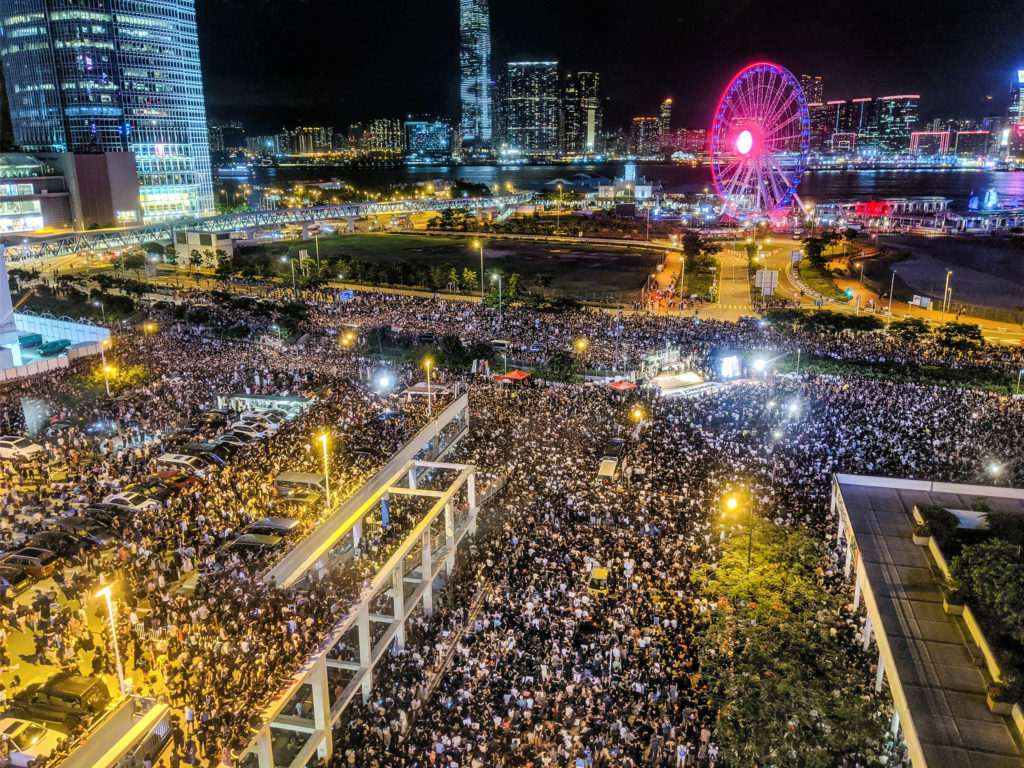
Many people in Hong Kong are protesting.
The Chinese government is pushing back against the demonstrators, to try and get them to stop protesting and marching in the streets. Some of the protests have halted subway and airport services.
To understand the protests better, it’s useful to know some things about Hong Kong and its history. Although Hong Kong is part of China, it has its own money and is very different than most of what is called “mainland China.”
For 150 years, Hong Kong was a colony of the United Kingdom. In 1997, it became a “Special Administrative Region” of China.
Hong Kong’s culture is different from that of the rest of China. China and Hong Kong agreed to operate as “one country, two systems.”
Hong Kong’s legal system is similar to Britain’s. The city is capitalist rather than communist like China. The official languages of Hong Kong are Cantonese and English; most people in mainland China speak and study in Mandarin.
The protests in Hong Kong began in April and heated up in June, with more than a million people marching in the streets against a proposed law (about how to handle suspected criminals) that they did not agree with.
Although the law was “suspended” (in this case, temporarily halted), the protests grew and now include other things. For instance, the people of Hong Kong want their city to be more like a democracy, with elected officials in some areas (such as the justice system). Some people are also upset about the way Chinese police have reacted to the protests.
Protesters have urged others to participate in the demonstrations; meanwhile, the Chinese government is trying to dampen the protests.
The situation continues to unfold, as the world watches to see what will happen.
CONSIDER AND DISCUSS
1. This situation involves many points-of-view. Make a list of some of the groups involved in the Hong Kong protests (for instance, the Chinese government, business owners in Hong Kong, students, tourists in Hong Kong, journalists, etc.). Think about what issues each group might have, and discuss.
2. What is a “protest”? Thinking about your own life, are there some rules you have to follow that you don’t agree with? How would you peacefully protest them? Do you think your protest would be successful in helping you to get what you want?
RESEARCH
There are many aspects to this situation, and to the China-Hong Kong relationship, that are political and too complex to be covered in one news article. This TKN article touches on some of the main points and can be a jumping-off point for further research. Here are some resources for further study about China and Hong Kong.
This article by the BBC gives background on Hong Kong and its development.
This timeline by the BBC outlines some of the facts leading up to the current situation in Hong Kong. (Note: the BBC website offers news for adults; some of its information may not be suitable for all young people.)
BBC timeline: A Brief History of Hong Kong
The Hong Kong Tourism Board website has many facts about Hong Kong.







